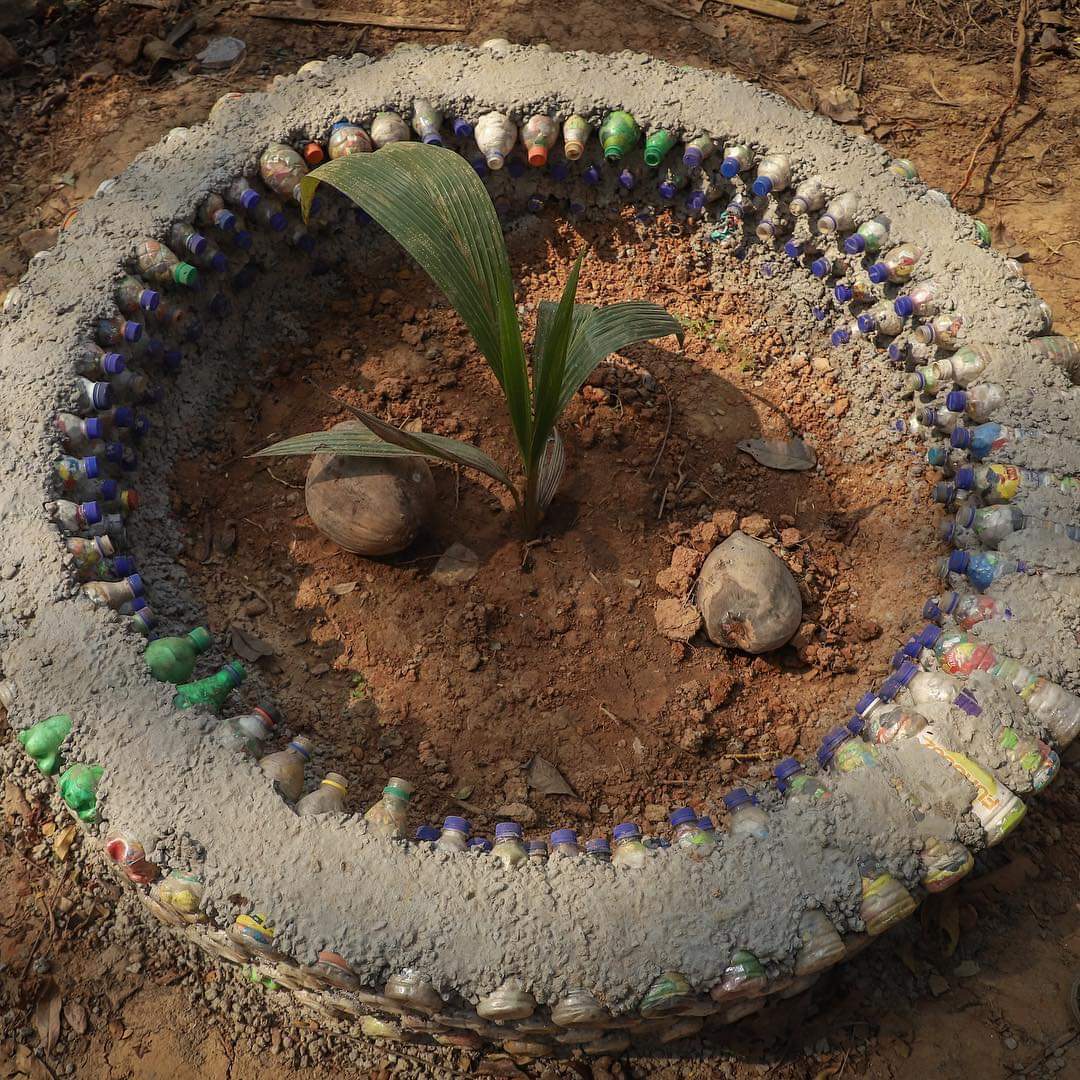- Sustainable Planet -
- 3mins -
- 609 views
This Indian School Replaced Tuition Fees With Plastic Waste And it Transformed The Town
In a country with a major plastic waste problem, one school has come up with an innovative idea: asking parents to pay their children’s school fees with plastic trash.
This school in India accepts plastic waste instead of tuition fees
We have all seen children walking to school carrying bags. In most cases you would expect them to be full of books and other learning materials. But at this one school in India, students are turning up with bags of plastic waste which they exchange for their education instead of school fees.
Paying for schooling with plastic trash is a win/win situation: education + a cleaner environment
Three years ago, when Parmita Sarma and Mazin Mukhtar arrived in Pamohi, in the northeastern state of Assam, and set up the Akshar Foundation School, they came up with an innovative idea: asking parents to pay their children’s school fees with plastic waste.
The couple was determined to make both a positive change educationally within the community but also environmentally. They began to encourage their students, many of whose families struggled to afford the fees required to attend school, to bring plastic waste as a form of tuition.
Each week, school children ages 4 to 15 line up in front of the school with grocery bags full of plastic bottles, packaging, plastic straws, etc. The weekly routine, now widely known throughout the community, is for each kid to bring at least 25 plastic waste items per week instead of tuition.
The school, with just 20 students when the couple arrived, now has more than 100 pupils. Not only is it helping to improve the local environment, it has also started to transform the lives of local families by tackling child labour.
Instead of leaving school at a young age to work in the local quarries for $2.50 (£2/€2.25) a day, older pupils are paid to teach the school’s younger children. As they progress academically, their pay increases.
In this way, families can afford to keep their children in school for longer. And not only do the pupils learn to manage money, they also get a practical lesson in the financial benefits of getting an education. (See below)

Practical training alongside conventional schooling prepares teens for their futures
Inspired by Mahatma Gandhi’s Nai Talim, or basic education, philosophy, Akshar’s curriculum mixes practical training with conventional academic subjects. The goal is to support teenagers through school and into college or an apprenticeship.
Practical education includes learning how to install and operate solar panels and helping to run the school’s landscaping business, which works to improve local public spaces. The school has also partnered with an education technology charity to provide pupils with tablet computers and interactive learning materials to boost their digital literacy.
Outside of the classroom pupils run an animal shelter, too, rescuing and treating injured or abandoned dogs before finding them homes locally. And the school recycling centre produces eco-bricks that can be used for simple construction projects.
The founders have already taken their approach to the capital Delhi, helping turn around an under-performing school in just six months. Their Akshar School Reform Fellowship now plans to add five more schools next year, with one ultimate goal: transforming public schools in India.
Learn more about the Akshar Foundation on their website, or follow them on Facebook.
USING CHILD LABOUR TO END CHILD LABOUR (See below)
Source: Forbes

